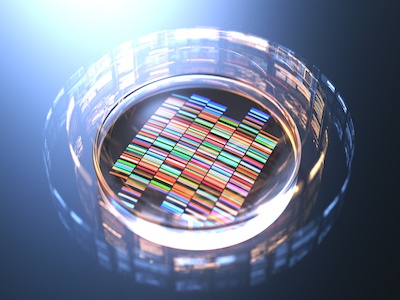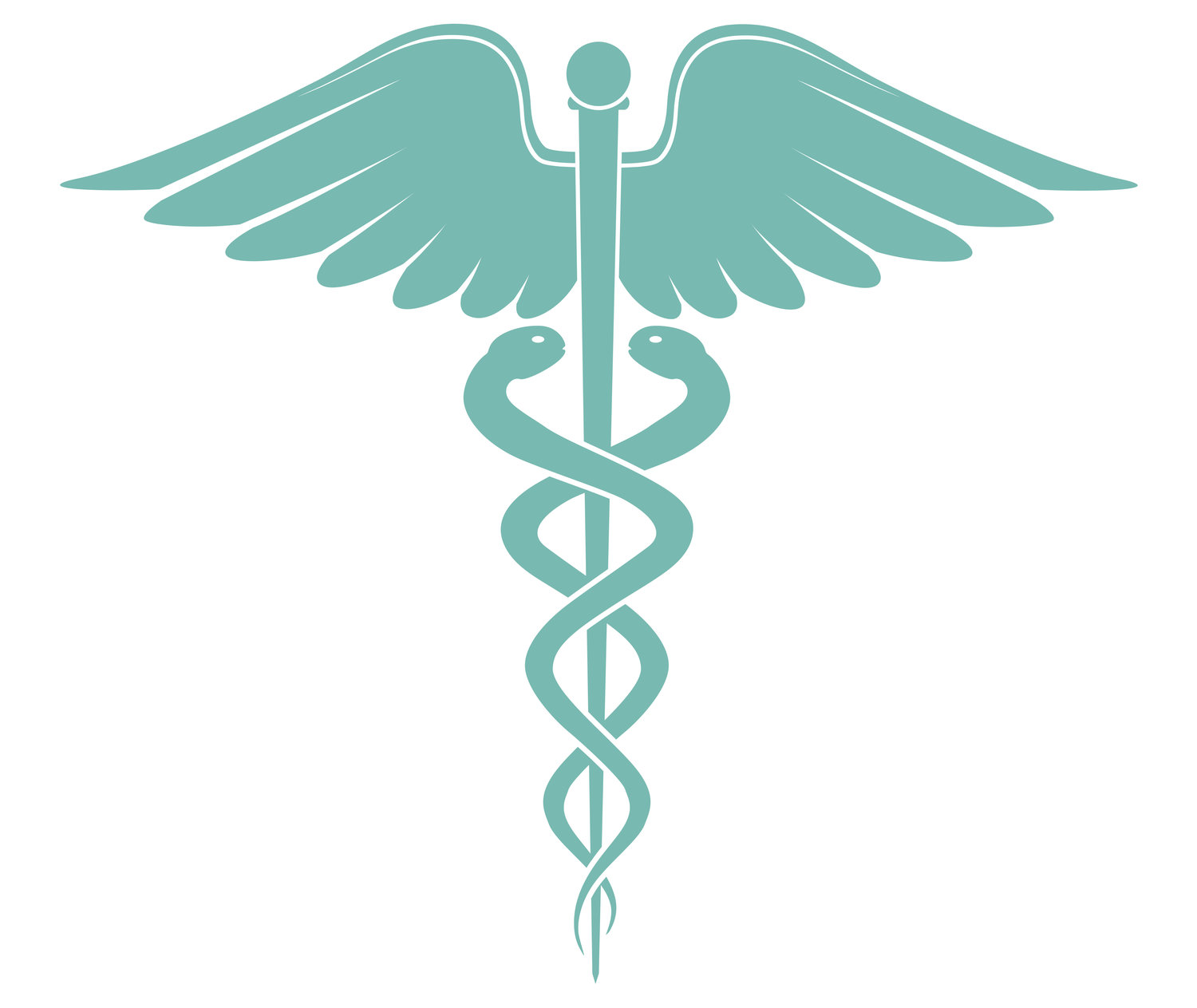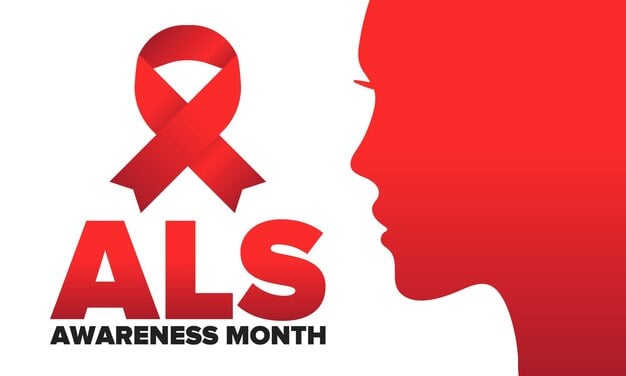 The last day of February marks a hopeful end to winter and a transition in the sporting world as well, but is also important in society as a day to recognize and raise awareness for rare diseases. Known as Rare Disease Day, the goal is this observance is to remind humanity that just because a disease is not prevalent or has as much research dedicated to it does not make it any less important, as certain individuals obviously suffer from these rare diseases and deserve accessibility to treatment and hopefully a cure. While it makes sense that more funding is funneled to cancer and neurology research since it affects so many more people, performing research in these comparatively uncommon maladies could offer insight into their diseases that get most of the research dollars.
The last day of February marks a hopeful end to winter and a transition in the sporting world as well, but is also important in society as a day to recognize and raise awareness for rare diseases. Known as Rare Disease Day, the goal is this observance is to remind humanity that just because a disease is not prevalent or has as much research dedicated to it does not make it any less important, as certain individuals obviously suffer from these rare diseases and deserve accessibility to treatment and hopefully a cure. While it makes sense that more funding is funneled to cancer and neurology research since it affects so many more people, performing research in these comparatively uncommon maladies could offer insight into their diseases that get most of the research dollars.
What is a Rare Disease?
While definitions may vary, the United States Food and Drug Administration officially defines a rare disease as one that affects fewer than 200,000 people in the country per the Orphan Drug Act of 1983. The rarity of the disease means there isn't a large enough market to sustain adequate resources to develop treatments for the disease, which is where the term "orphan drug" comes from, and the Orphan Drug Act was passed to try to motivate more research into rare disease drugs. Considering that there are thousands of these rare diseases affecting millions of Americans, that extra legislative incentive is sorely needed.
Among the rare diseases listed on Medscape are a variety of rare cancers, body and limb abnormalities, pediatric diseases that unfortunately kill a majority of afflicted children with few effective treatments, and infectious diseases that include certain microorganisms that should otherwise be eradicated if not for poor living conditions due to unequal allocation of resources. We did cover one such disease, dystrophic epidermolysis bullosa, in a previous blog, one of the bright stories where an experimental treatment holds much promise to ease the pain of those stricken with the genetic defect. Diseases like these emphasize the need for equal access to resources and health care, which is what effective science policy can help make possible.
Glycogen Storage Disease
Glycogen storage disease (GSD) is another rare disorder I had never heard of. As a primary nutrient and energy source, glycogen is how animals store glucose and that glucose can later be freed for structural or metabolic functions, and without a functional mechanism to do this, the assumption is that the person would have died early on, possibly even before birth or the detection of a viable zygote because that cell theoretically shouldn't have been able to survive. Now I know that GSD is a real problem for thousands of children, and this underlies how important Rare Disease Day is, because I never would have learned about GSD without doing the background research that was motivated by this observance.
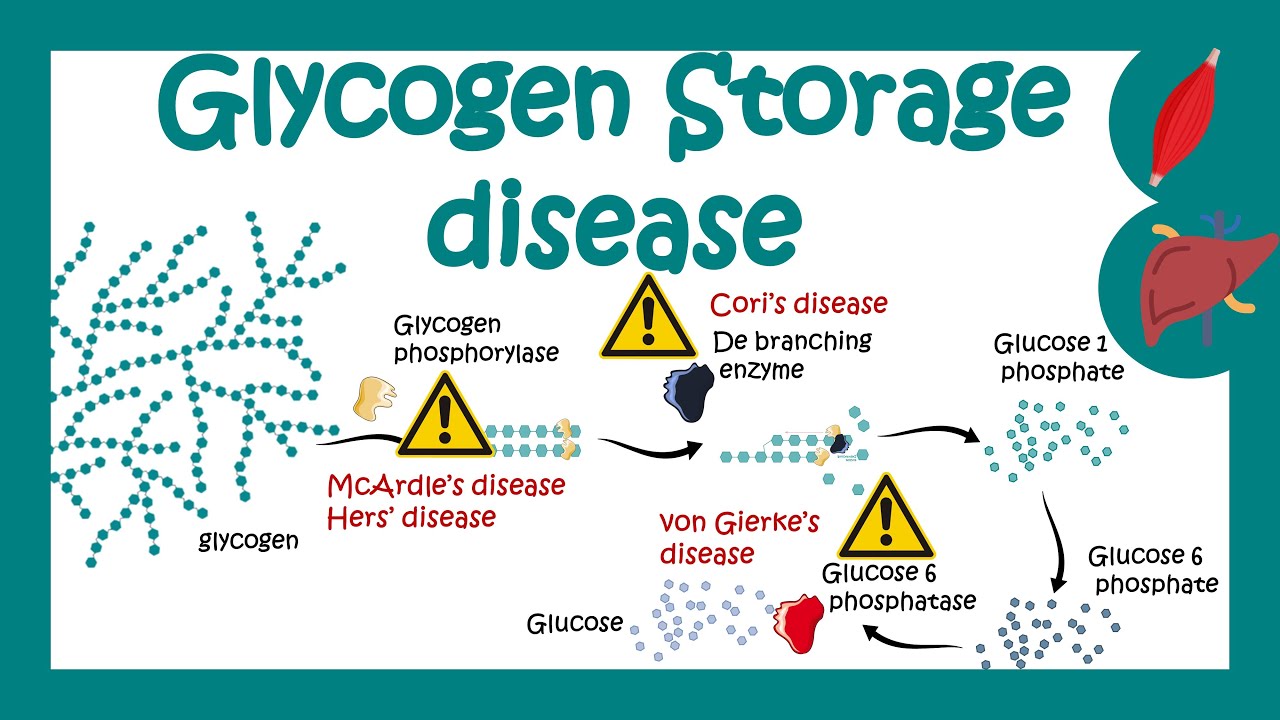
From YouTube
GSD is a metabolic disorder in which the body cannot properly store or process glycogen, which is usually stored in the liver. This is usually an enzymatic defect where the individual has a defective or nonfunctional enzyme in the glycogen pathway, which could result in excessive glycogen buildup in the liver and thus liver damage, or an inability to synthesize and stockpile glycogen for later use. A hereditary disease, individuals with family who have suffered the disease are more likely to develop the disease themselves or to pass the allele down to their children. The disease is also grouped by type depending on the enzyme that is defective and each type has different manifestations that require their own unique treatment strategies.
There is a long list of symptoms associated with the various forms of GSD, but the hallmarks include slowed growth, hypoglycemia, liver and muscular issues, and abnormal fatigue. There is no cure for GSD at this time, but the treatment strategy is to regulate the amount of blood glucose through diet and regular monitoring, somewhat similar to what diabetes patients do. There are also medicines available to manage the complications of GSD, which might include gout-like arthritis and susceptibility to infections.
You can read more about GSD at the information pages at Johns Hopkins and the Children's Hospital of Philadelphia.
Research Into GSD
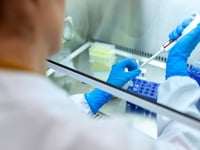 Typing in "glycogen storage disease" returns over 3000 results on Pubmed Central just over the past year, which is encouraging that there are so many groups dedicated to better understanding and treatment given the rare nature of the disease. Many of these studies are in mice or other animals, characterizing genetic markers and attempting to develop better profiles for diagnosis and prognosis. A common theme from perusing these studies is that they have to amass data from various communities because it is likely very difficult to hunt down enough individuals to generate enough correlative data for their work. I've seen some studies where the researchers deliberately induce GSD in their animal models, which seems unnecessarily cruel (not just for this, but for other disease models) but as I've experienced in my own graduate work, is a necessary part of science. Another study that I happened upon suggested a crosstalk between autophagy, apoptosis, and GSD that could lead to new therapeutic strategies to treat GSD. In this case, similarly to treatments for cancer and neurodegenerative disorders, autophagy-modulating drugs might be used to improve the quality of life for GSD patients.
Typing in "glycogen storage disease" returns over 3000 results on Pubmed Central just over the past year, which is encouraging that there are so many groups dedicated to better understanding and treatment given the rare nature of the disease. Many of these studies are in mice or other animals, characterizing genetic markers and attempting to develop better profiles for diagnosis and prognosis. A common theme from perusing these studies is that they have to amass data from various communities because it is likely very difficult to hunt down enough individuals to generate enough correlative data for their work. I've seen some studies where the researchers deliberately induce GSD in their animal models, which seems unnecessarily cruel (not just for this, but for other disease models) but as I've experienced in my own graduate work, is a necessary part of science. Another study that I happened upon suggested a crosstalk between autophagy, apoptosis, and GSD that could lead to new therapeutic strategies to treat GSD. In this case, similarly to treatments for cancer and neurodegenerative disorders, autophagy-modulating drugs might be used to improve the quality of life for GSD patients.
The pace of innovation for rare diseases like GSD might not be as fast as we would like, but it is again good to know that there are interested and capable scientists and medical professionals working at it to give their patients, mostly children, the best treatment and support that is available now. Genetic counseling might be able to reduce the prevalence of GSD, but until the incidence falls to absolute zero, more work needs to be done to help the afflicted, and it will take all our efforts to make sure the resources are available for these rare diseases.


